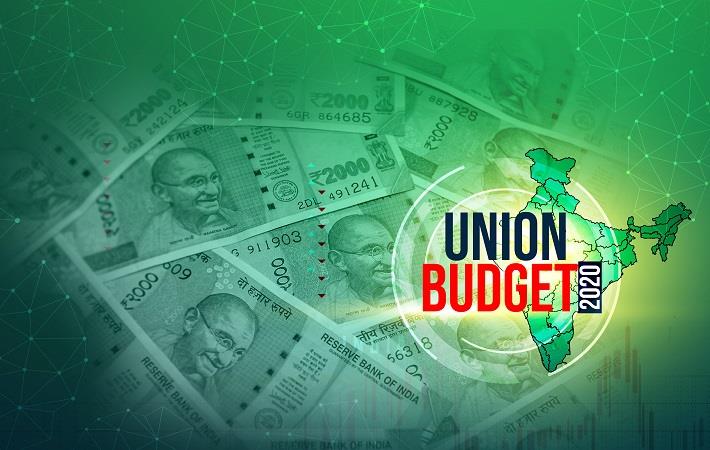
“We expect the Union Budget to look at elevating employment opportunities, cutting down corporate taxes in order to stimulate demand, enhance welfare allocations to increase consumer demand, encourage export competitiveness, allocate CapEx (capital expenditure) for infrastructural purposes, and harness Public Private Partnership (PPP) directed towards increasing consumption in order to aid the economy,” Rajendra Agarwal, MD, Donear Industries Ltd told Fibre2Fashion.
While the sales are getting effected due to economic slowdown, the Indian retail industry expects to bounce back this year with new implemented reforms by Government. 2019 was a mixed year where the retail industry witnessed many ups and downs especially with regards to consumer spends which were weaker in comparison to the previous year. Ramesh Kaushik, VP-brand experience at Blackberrys hopes that the budget turns out to be a pro-consumption one that will help elevate the purchasing power of customers. "We are expecting developments towards stated rebate of state and central taxes and levies scheme (RoSCTL). In addition, we are anticipating focused industry-specific initiatives like infrastructure policies that will help the garment industry for deeper penetration.”
In the last few years, the Narendra Modi-led Government has encouraged ‘Make in India’ initiative to accelerate the economic growth thereby promoting Indian handicrafts and handlooms, and boosting the moral of the loom artisans. Though the business confidence has gone up, the Government still needs to bring reforms in grassroots level to enhance social sustainability. “The Government should set up Innovation Centres to help the potential investors for sustainable development of artisans and their communities till the grassroots level to develop sustainable products. This will nurture the Indian traditions, handicrafts, embroidery, unique fabric printing. The same will create job opportunities in rural sectors,” believes Sudhir Soundalgekar, director – Projects, Raymond Ltd.
“In parallel, certain amount should be separately reserved along with subsidies and secured loans for cultivating organic cotton. The Government should also consider promoting topics such as use of natural dyes in special rural universities which will educate people and make them implement geotextile projects for water reservoirs, roads, etc. India can make a difference by taking this as a model for the future and can become a differentiator in the world for promoting better livelihoods against polluting textile industries and saturating cities,” adds Soundalgekar.
In short, measures to boost innovation and sustainability in the textile industry should form part of the Union Budget along with other usual announcements.
Fibre2Fashion News Desk (WE-DD)